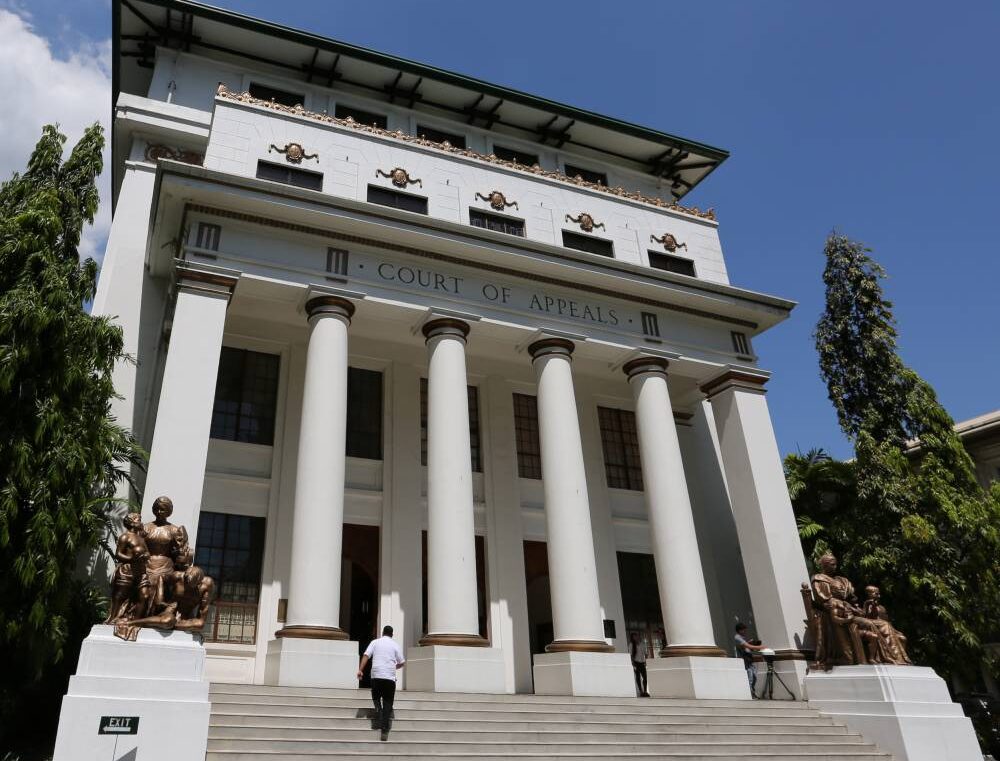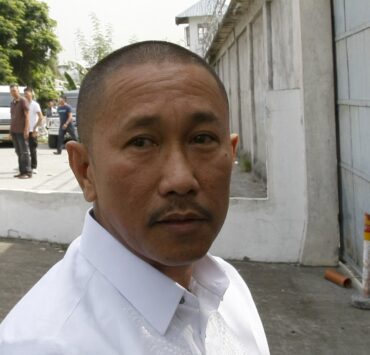Case revived vs accused in Canada waste case

The Court of Appeals has voided the acquittal of two individuals accused of illegally importing hazardous waste from Canada—which leads, not to a conviction, but to a reinstatement of the criminal charges against them in the infamous “Canada Waste” case.
In a 10-page decision issued on Jan. 31, the appellate court’s Eighth Division found that the Manila Regional Trial Court (RTC) Branch 47 committed “grave abuse of discretion” when it granted a demurrer to evidence without giving the prosecution an opportunity to comment on that motion.
A demurrer to evidence is an objection claiming that the other party’s evidence is insufficient to prove its case. Granting the motion effectively dismisses the case or acquits its respondents.
According to the appellate court, former presiding Judge Paulino Gallegos of the Manila RTC failed to observe due process when he “hastily issued” an order granting the demurrer on June 20, 2023.
The appeals court noted that the filing of the demurrer and the resulting court order were made before the parties were informed of an earlier order dated June 19 admitting the prosecution’s evidence.
Garbage, adult diapers
“Clearly, therefore, the RTC deliberately deprived the prosecution of the opportunity to file its comment and/or objection to the private respondents’ demurrer to evidence,” the appellate court said in its decision penned by Associate Justice Eleuterio Bathan.
The case stems from the alleged unlawful importation from Canada of 50 container vans of mixed plastic waste, including household garbage and adult diapers, which had been misdeclared as “plastic scrap” and consigned to recycling company Chronic Plastics Inc. in 2013.
‘As if no acquittal’
The respondents, Chronic Plastics owner Adelfa Eduardo and customs broker Leonora Flores, were charged with violations of Sections 3601 and 3602 of the Tariff and Customs Code of the Philippines, Republic Act No. 6969 (Toxic Substances and Hazardous Wastes Control Act of 1990), and Articles 172 & 171 of the Revised Penal Code (falsification of documents).
The prosecution filed its formal offer of evidence on June 14, 2023. Three days later, Eduardo and Flores filed a demurrer, arguing insufficient evidence.
On Aug. 29 that year, presiding Judge John Benedict Medina denied a motion for reconsideration by the prosecution, citing double jeopardy.
In granting the Office of the Solicitor General’s petition for certiorari, the appeals court said that prematurely entertaining the demurrer without giving the prosecution a chance to comment was a “clear utter disregard of the procedural rules.”
It added that Gallegos committed grave abuse of discretion in clearing the respondents “with utter disregard for the principle of due process.”
Medina, on the other hand, also committed grave abuse of discretion in denying the motion for reconsideration without considering the issue of due process raised by the prosecution.
“[Since] the acquittal of the private respondents was done without regard to due process of law, the same is null and void. It is as if there was no acquittal at all, and the same cannot constitute double jeopardy,” the appeals court said.
It ordered the Manila court to resolve the demurrer to evidence with dispatch after giving the prosecution the opportunity to file its comment and/or opposition to that motion.

















